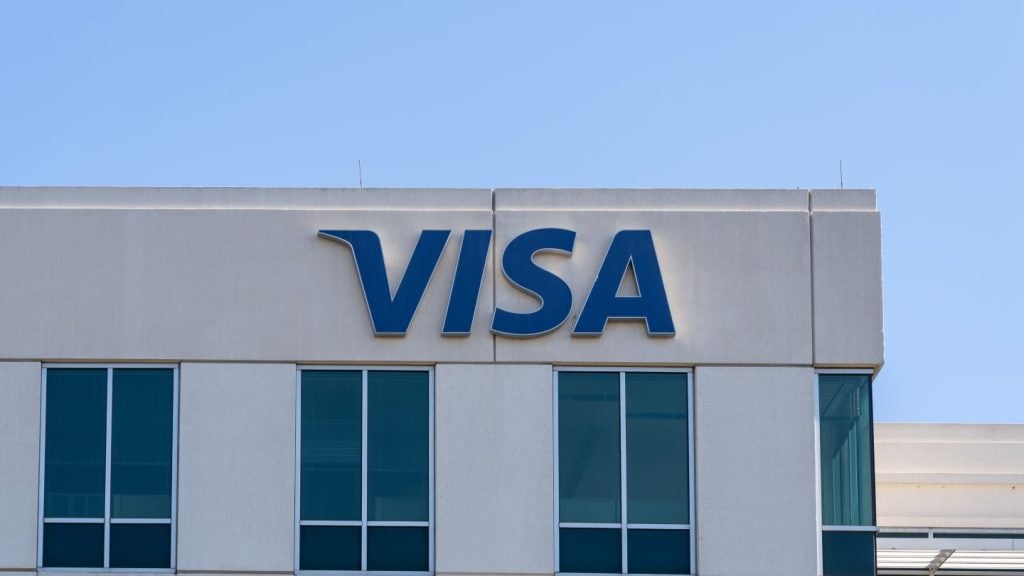
South Korea is rapidly emerging as a significant player in the e-commerce space and is expected to register a healthy compound annual growth rate (CAGR) of 7.8% between 2024 and 2028 to reach KRW222.1trn ($170.1bn) in 2028, forecasts GlobalData, a publishers of EPI.
GlobalData’s E-Commerce Analytics reveals that South Korea’s e-commerce market is the fourth largest (in terms of value) in the Asia-Pacific region, trailing behind China, Japan, and India. The market registered a strong CAGR of 12.6% between 2020 and 2023 to reach KRW149.1trn ($114.2bn) in 2023. This upward trajectory is anticipated to continue in 2024, with e-commerce sales expected to grow by 10.2% to reach KRW164.3trn ($125.8bn) in 2024.
Shivani Gupta, Senior Banking and Payments Analyst at GlobalData, comments: “South Korea boasts a robust e-commerce market, supported by high-speed internet infrastructure, secure online payment options, and a growing trust among consumers in the realm of online shopping. Furthermore, the country has witnessed significant digital retail advancements, including the utilisation of drones and robots for deliveries, AI-driven personalisation, and the emergence of live stream shopping.”
To capitalise from the growing e-commerce market, international brands are venturing into this market
For instance, Shein, a Chinese fashion online fashion retailer, launched its Korea-dedicated online platform in June 2024.
E-commerce companies are also using innovative channels such as live streaming to reach out to larger customer base. In the regard, in June 2023, YouTube launched its inaugural online shopping channel in South Korea, where products are live streamed in the Korean language.
Additionally, to boost e-commerce sales, YouTube partnered with the e-commerce platform Coupang to introduce the Shopping affiliate program in June 2024. This new feature allows YouTube content creators to tag products from affiliated brands or shopping sites in their videos. If viewers click on these tags and make a purchase, the creators will receive a commission.
In terms of payment methods, payment cards lead the e-commerce space with a combined market share of 54.3% in 2023, according to the GlobalData’s 2023 Financial Services Consumer Survey*.
Among the card types, credit and charge cards are highly favored, alone accounting for a 48.5% share in 2023. This is due to the value-added benefits, including interest free instalment payment options, reward programs, cashback, and discounts associated with these cards.
Alternative payment tools are gradually gaining popularity and are the second most preferred payment method for e-commerce payments. This can be attributed to security, convenience, and comfort associated with this payment method. Alternative payments collectively accounted for a 32.9% share in 2023 with some of the popular brands being Samsung Pay, Naver Pay, and China UnionPay.
Cash accounted for a share of just 2% of e-commerce payments, reflecting the strong use of electronic payment methods in the country.
Gupta concludes: “South Korea’s e-commerce market is poised for rapid expansion in the immediate future. This can be attributed to the growing consumer preference for online channels, improving payment infrastructure, proliferation of alternative payment solutions and growing popularity of innovative online shopping modes.”







